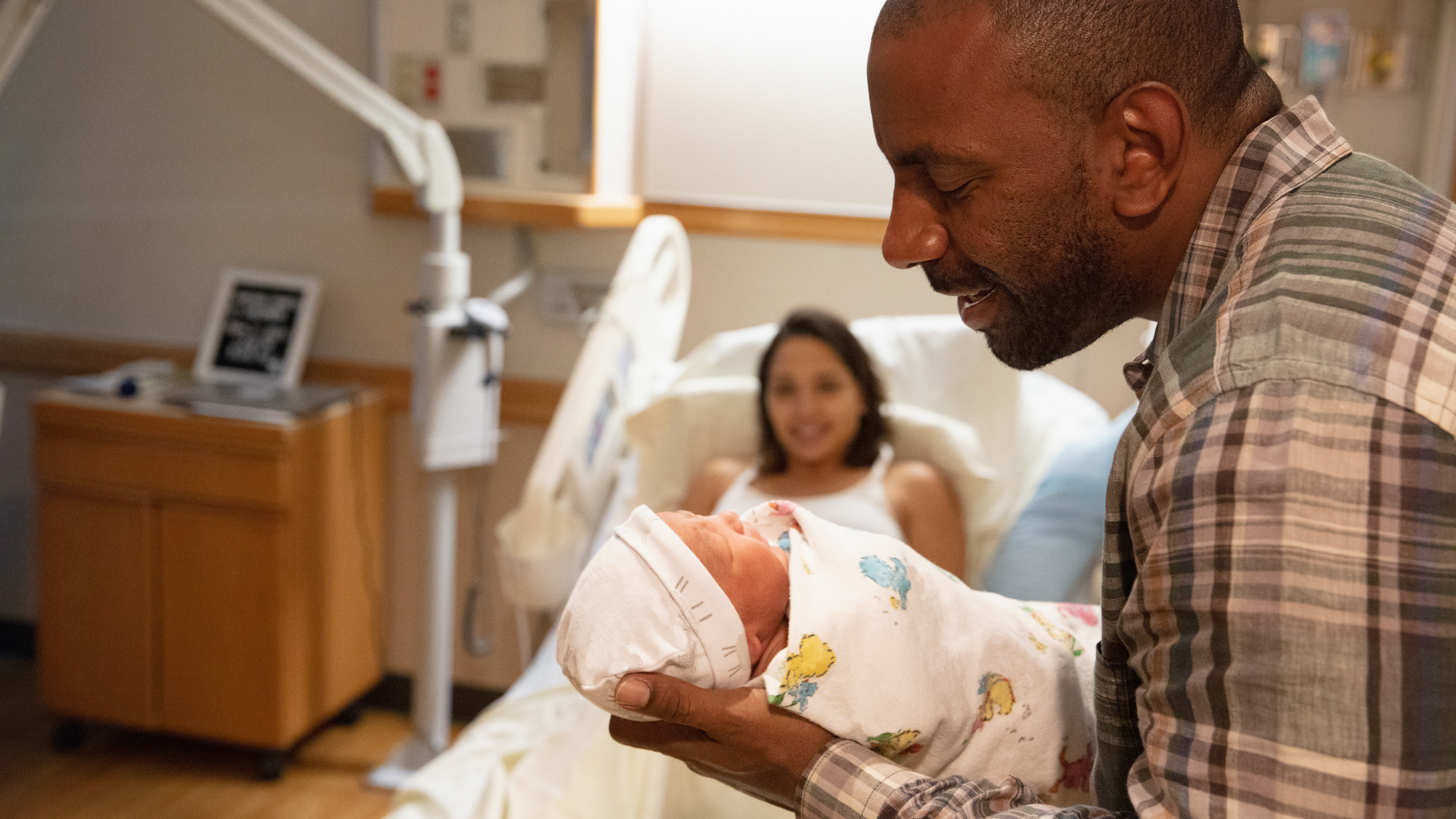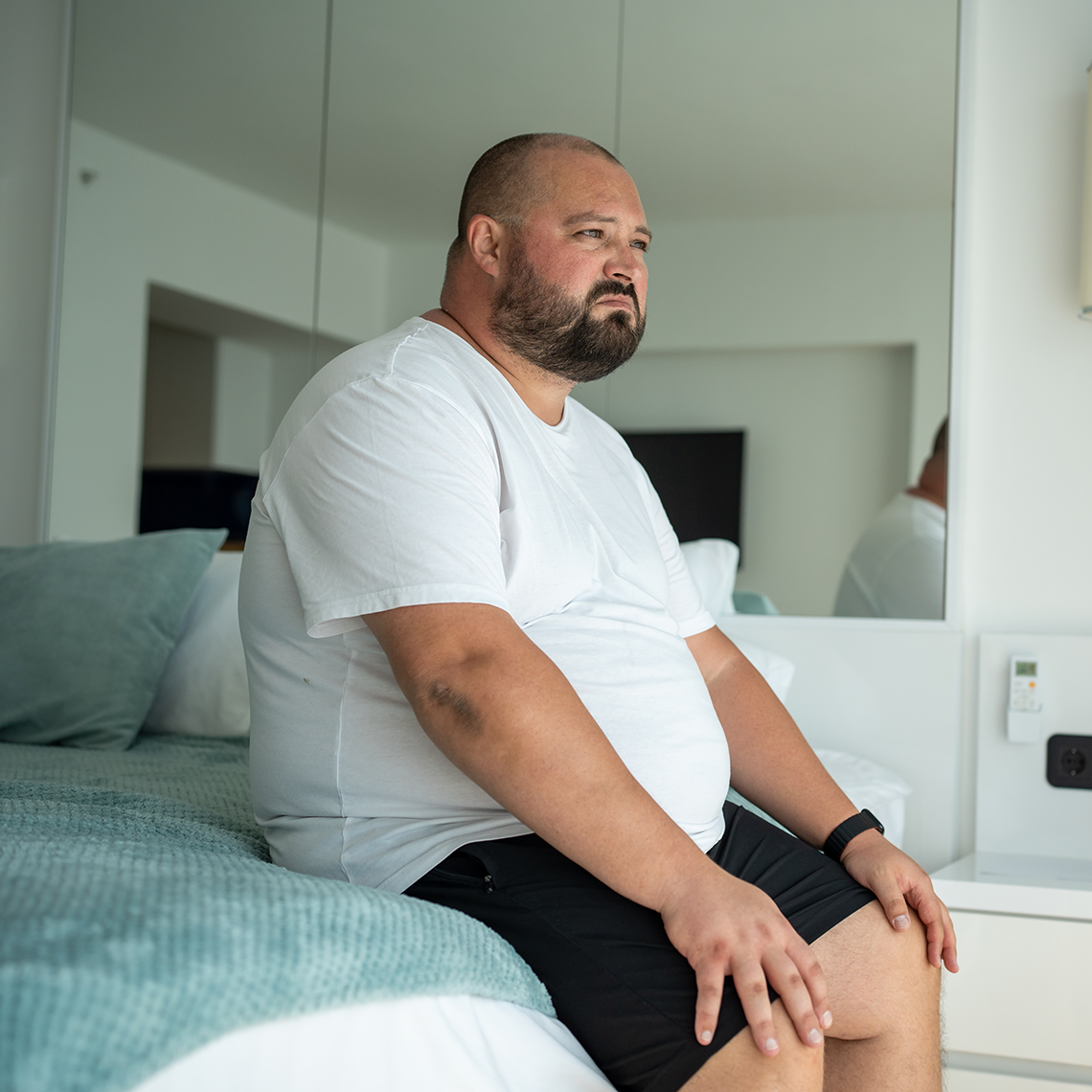Case Study
Brain Damage Follows Inattention to Newborn’s Jaundice

Description
A newborn developed brain damage after indications of hyperbilirubinemia went unattended.
Key Lessons
- Mothers of newborns rely on their caregivers to give thorough attention to signs or symptoms of identified risks
- Non-adherence to a hospital policy that addresses an extraordinary clinical risk is indefensible
- Lack of an adequate response to this mother’s specific concerns and her baby’s clearly reported worsening condition risks preventable harm
Clinical Sequence
Immediately post-delivery (cesarean), the mother (G3P3) and newborn girl were noted to have an ABO incompatibility with a negative Coombs (antibodies) test. The mother’s second child was jaundiced after birth and had required phototherapy.
Within two hours of birth, bloodwork was drawn and the baby’s bilirubin level was 5.5mg/dL. Per hospital policy, a bilirubin level >5 in first 12 hours of life was considered high risk. That policy recommends retesting before discharge, with consideration of phototherapy.
The next day (day of life 1), the baby was breast feeding well, but the nurse noted the baby had slight jaundice (her testimony that she alerted the mother and child’s family medicine physician was denied by that MD). No further bilirubin testing was ordered. The following day, another nurse documented slight jaundice.
Prior to discharge, the mother asked her physician if the baby required phototherapy. She was told the bilirubin test was within normal limits and that the baby “looked fine.”
On her baby’s fifth day of life, the mother called her physician’s office stating the baby was inconsolable and still jaundiced. Without consulting the physician, an appointment was made for four days later. The following night, when the parents observed the baby arching, screaming, and becoming lethargic, they again called the physician’s office. The answering service told the parents to call the next morning.
The physician saw the baby that morning and suspected a urinary tract infection. Because the baby’s urine was dark yellow, the physician ordered a bilirubin check. The results were 33 mg/dL (critically high). The baby was sent to the Emergency Department where she was admitted for phototherapy and then transferred to a children’s hospital for tertiary care. An MRI showed significant kernicterus (brain damage associated with severe jaundice). At no time during the baby’s admission to the children’s hospital did the baby’s physician follow up with the family or hospital to check on her condition.
The kernicterus resulted in severe development delays; the baby will require lifelong care.
Allegation
The girl’s parents filed suit against the family medicine physician, the hospital, and the nurse for failure to note risk factors for hyperbilirubinemia and failure to respond to the baby’s concerning signs and symptoms.
Disposition
This case was settled in excess of $1 million.
Discussion Points
Failure to Follow Hospital Policy
The newborn’s bilirubin results met the threshold for retesting and consideration for phototherapy per hospital policy. It also met criteria for a bilirubin test prior to discharge. The American Academy of Pediatrics (AAP) recommends that, before discharge, every newborn should be assessed for the risk of developing severe hyperbilirubinemia, and all Labor and Delivery nurseries should establish protocols for assessing this risk.
Failure to appreciate and recognize signs and symptoms of a worsening condition
This baby had documented risk factors for hyperbilirubinemia. Newborns need to be continuously monitored for signs and symptoms of hyperbilirubinemia, such as the very early signs of jaundice exhibited by this baby, and tested accordingly.
Failure to Meet Standard of Care and Follow up
The physician in this case did not adhere to the hospital or AAP guidelines in caring for this newborn. Longstanding guidelines developed by the AAP establish parameters for the management of hyperbilirubinemia in a healthy term newborn. The guidelines stress the importance of systematic assessment of the risk for severe hyperbilirubinemia, close follow up and, when indicated, quick intervention.
Upon discharge from the hospital, the mother was not advised to have the baby seen in a timely fashion.
All newborns should be examined in the first few days following discharge in order to further assess the baby’s condition. Relying on office staff to handle a mother’s medical concerns risks leaving her and her baby’s needs unmet.
See More MPL Cases
A Failure to Document Patient’s Refusal


Inappropriate Anesthesia Administration Results in Severe Consequences

Missed Lung Nodule Results in Fatal Diagnosis

